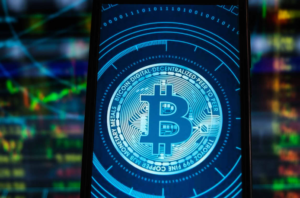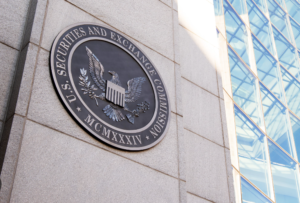$AAPL $META $BTC
#Inflation #UKEconomy #ONS #PriceGrowth #ConsumerTrends #MarketAnalysis #TechStocks #RetailSpending #Crypto #EconomicIndicators #UKNews #FinancialMarkets
The UK’s inflation measurement has undergone a significant update, reflecting shifts in consumer spending habits as emerging technologies and evolving dietary preferences reshape household expenditures. The Office for National Statistics (ONS) has introduced virtual reality (VR) headsets and pulled pork to its “inflation basket”—a diverse set of goods and services used to track price growth in the economy. Each year, the ONS modifies this basket to ensure it accurately represents the average spending patterns of UK households, with new additions often signaling broader economic and cultural trends. The inclusion of VR headsets highlights the growing prominence of augmented and virtual reality technologies, which have become increasingly central to entertainment, gaming, and even professional sectors. At the same time, the addition of pulled pork suggests shifts in dining and grocery preferences, aligned with a broader trend toward convenience foods and diverse culinary options.
The move comes at a critical moment for UK inflation, which remains a pivotal concern for policymakers and financial markets. The Consumer Prices Index (CPI) has shown volatility in recent months, with analysts closely watching core inflation metrics that strip out more volatile food and energy prices. The inclusion of VR headsets underscores the growing impact of tech hardware in household expenditures, as companies like Meta ($META) and Apple ($AAPL) continue to push advancements in spatial computing. With Apple’s Vision Pro pushing into the premium tier of the VR market and Meta’s Quest series providing widespread access to immersive experiences, the sector’s trajectory will likely influence inflation trends. Additionally, the rise in crypto-related VR applications may have ripple effects within digital asset markets, with Bitcoin ($BTC) and other cryptocurrencies often tied to sectors experiencing technological adoption.
From a market perspective, shifting inflation basket components provide investors with insights into changing demand patterns. The presence of consumer tech items like VR headsets illustrates sustained investment into immersive digital experiences, fueling growth for companies operating within the extended reality (XR) ecosystem. This could be a bullish signal for technology stocks, especially those with ambitions in mixed or virtual reality. Meanwhile, dietary shifts reflected in the addition of pulled pork indicate evolving consumer spending within the food industry. The ongoing cost-of-living crisis has led many businesses to re-evaluate pricing models and product offerings, potentially impacting inflation-linked financial instruments. With UK households adjusting their spending priorities, companies focusing on affordability and convenience in both tech and grocery markets could see varying levels of demand elasticity.
Policymakers at the Bank of England will be closely monitoring these inflation basket adjustments as they fine-tune their monetary policy approach. Interest rates remain a key lever in managing inflation, with changes in consumption trends now factoring into long-term forecasts. The broader economic impact will play into fiscal debates, as government officials weigh strategies for managing cost pressures while supporting growth. Meanwhile, financial markets will respond to these shifts by adjusting inflation expectations, influencing pricing for equities, bonds, and digital assets. As technology continues to redefine consumer behavior and food categories evolve in response to lifestyle changes, these updates to the UK’s inflation measurement reflect the dynamic nature of the modern economy.











Comments are closed.